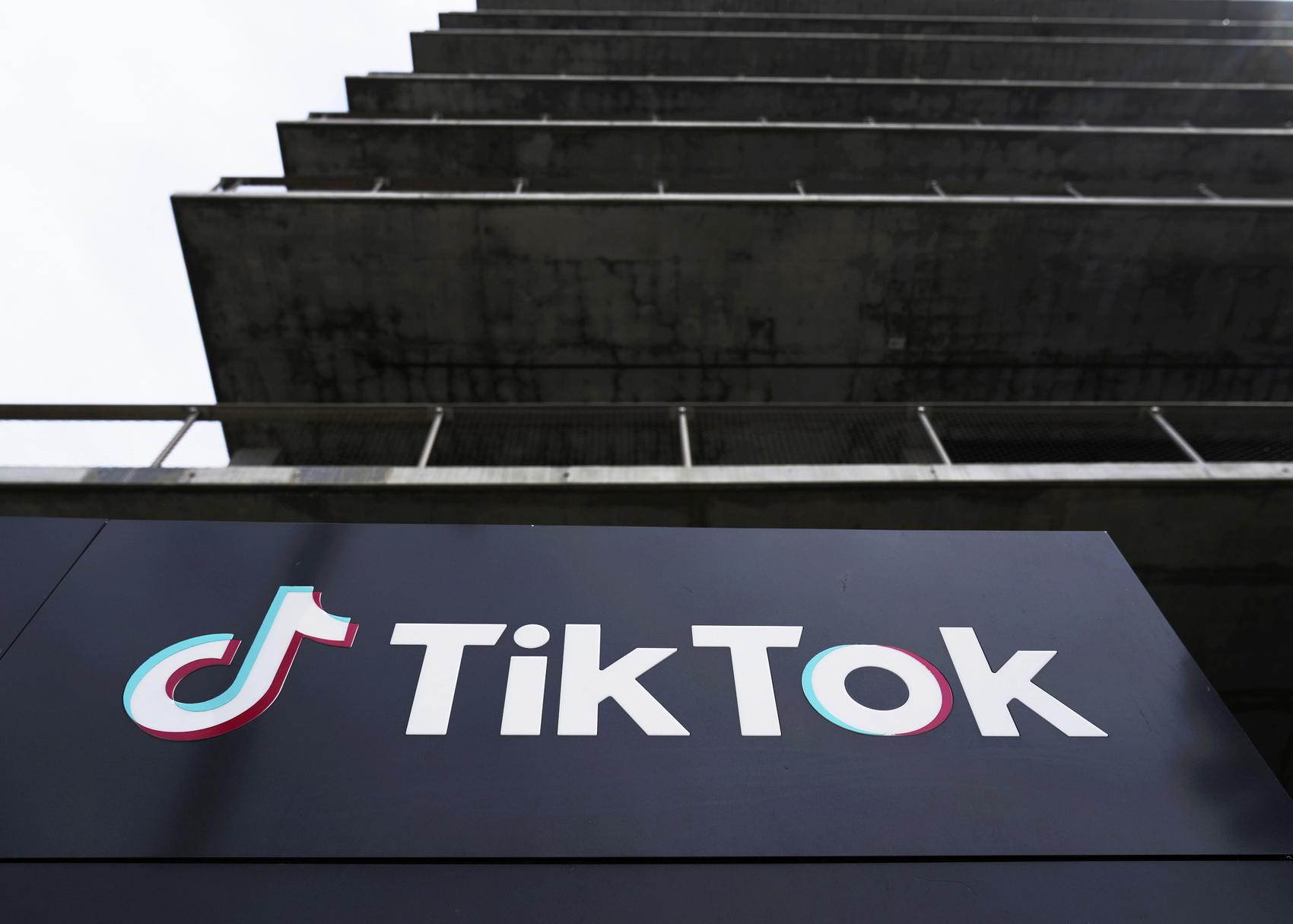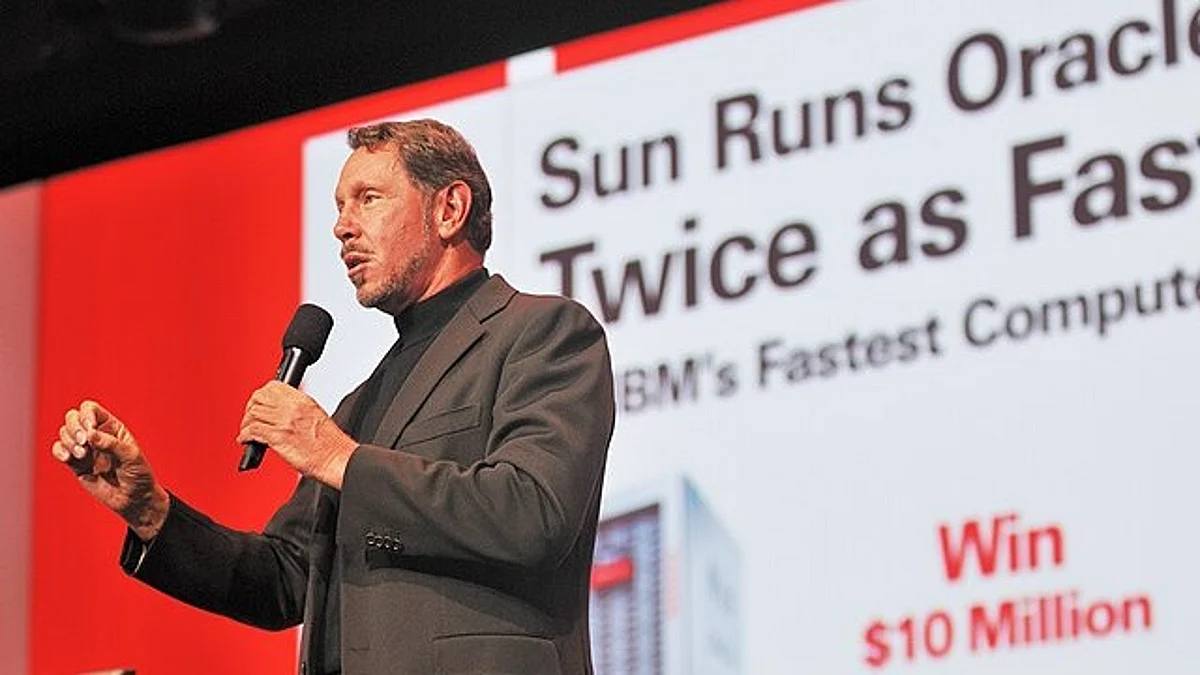By Matt Mace
Copyright edie

New research by Bain & Company has analysed more than 35,000 statements made by 150 leading companies to find out whether the recent rhetoric about an ‘ESG Winter’ is true.
Using AI to comb through statements and reports, the research found that chief executives are shifting from viewing sustainability as compliance and are increasingly looking at the value that strategies and initiatives can create.
Bain & Company analysed statements from as far back as 2018 and now claim that a de-prioritisation of sustainability witnessed in the last two years is “bottoming out”.
“After the initial years of bold ambitions and target setting, chief executives took a reality check on their sustainability agenda last year. Today, CEOs might speak less about sustainability, but what they lack in words, they make up in action, a phenomenon we call the ‘do-say’ gap,” said Jean-Charles van den Branden, Bain’s global sustainability practice leader.
“We have identified profitable decarbonisation levers ready for companies to power their net-zero journey. To succeed, companies need to accelerate what already works, anticipate disruptions, and build robustness.”
Bain also used its research to identify what sustainability actions were compatible with a profitability mindset. It found that 25% of global carbon dioxide emissions can be abated profitably today, through “ROI-positive levers” such as energy efficiency upgrades, building circular design principles, or supporting supply chain localisation.
An additional 32% of emissions reduction levers could become profitable in the medium term, the report finds, depending on policy, technology, and customer preference changes.
On the customer front, the research also surveyed more than 14,000 consumers across eight countries, finding that 80% still care about sustainability, even during geopolitical uncertainty and rising cost-of-living issues.
The research also surveyed 750 global B2B organisations across automotive, packaging, chemicals, machinery, metals, and construction companies. It found that more than 50% prioritise purchasing from more sustainable suppliers and almost 70% plan to increase purchases from such suppliers over the next three years.
AI appetite
Bain & Company also found that there is a surging demand amongst corporates to utilise AI to cut emissions and improve efficiencies.
Of the 400 C-suite and sustainability executives surveyed, almost 80% believe that AI can provide significant contributions to the sustainability agenda. More than 50% are still in the piloting stage when it comes to AI in ESG applications.
However, the research warns of a growing reliance on AI. In a high-growth scenario, the research found that AI data centres could emit 810 million metric tons of carbon dioxide annually by 2035, or 2% of global emissions and 17% of industrial emissions.
Spending on SMEs
In related news, a new survey from money.co.uk of more than 500 UK small and medium-sized businesses (SMEs) has highlighted the barriers that are stopping smaller firms from implementing sustainability measures.
The research found that 44% of UK SMEs see financials as the biggest barrier to ESG implementation. Other issues include up-front costs of solutions (38%) and a lack of knowledge and information on ESG (36%).
According to the Federation of Small Businesses (FSB) just a quarter of small businesses in the UK expect to reach net-zero by 2050.



